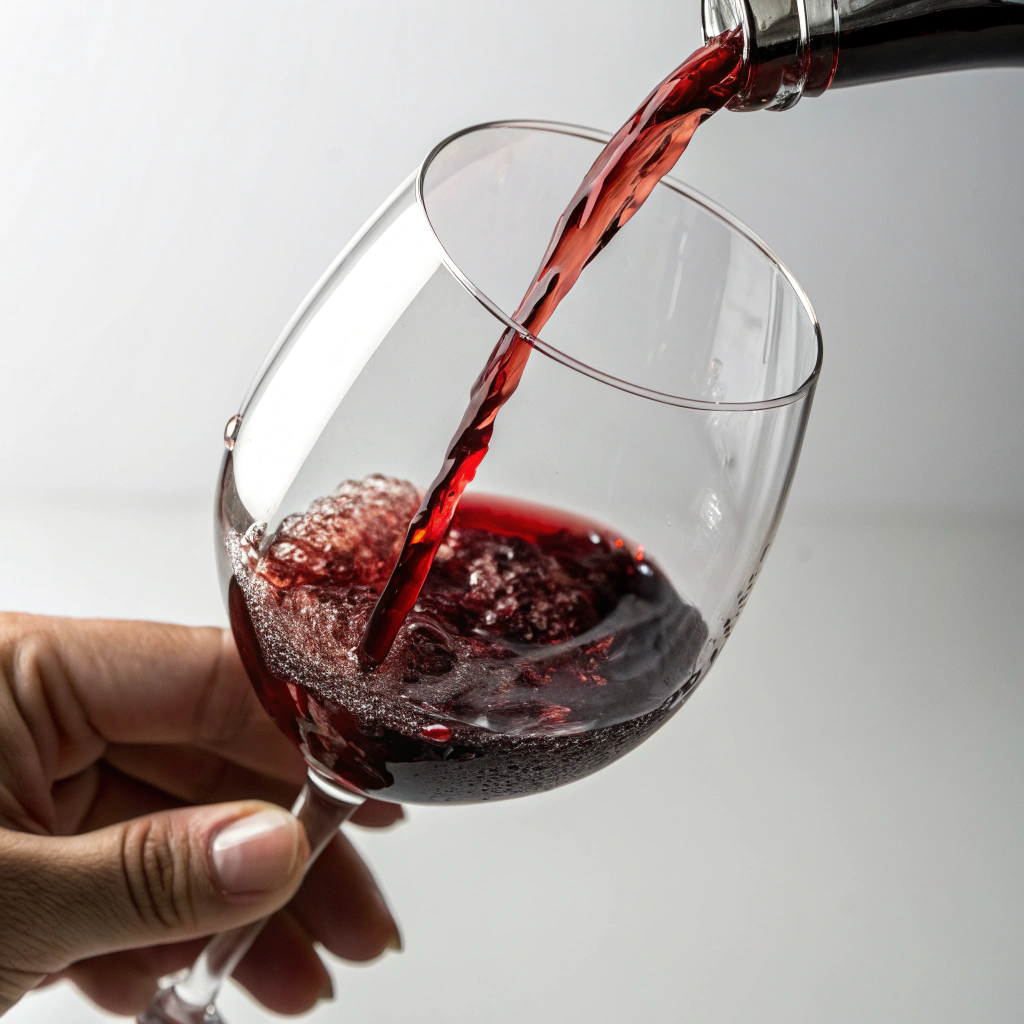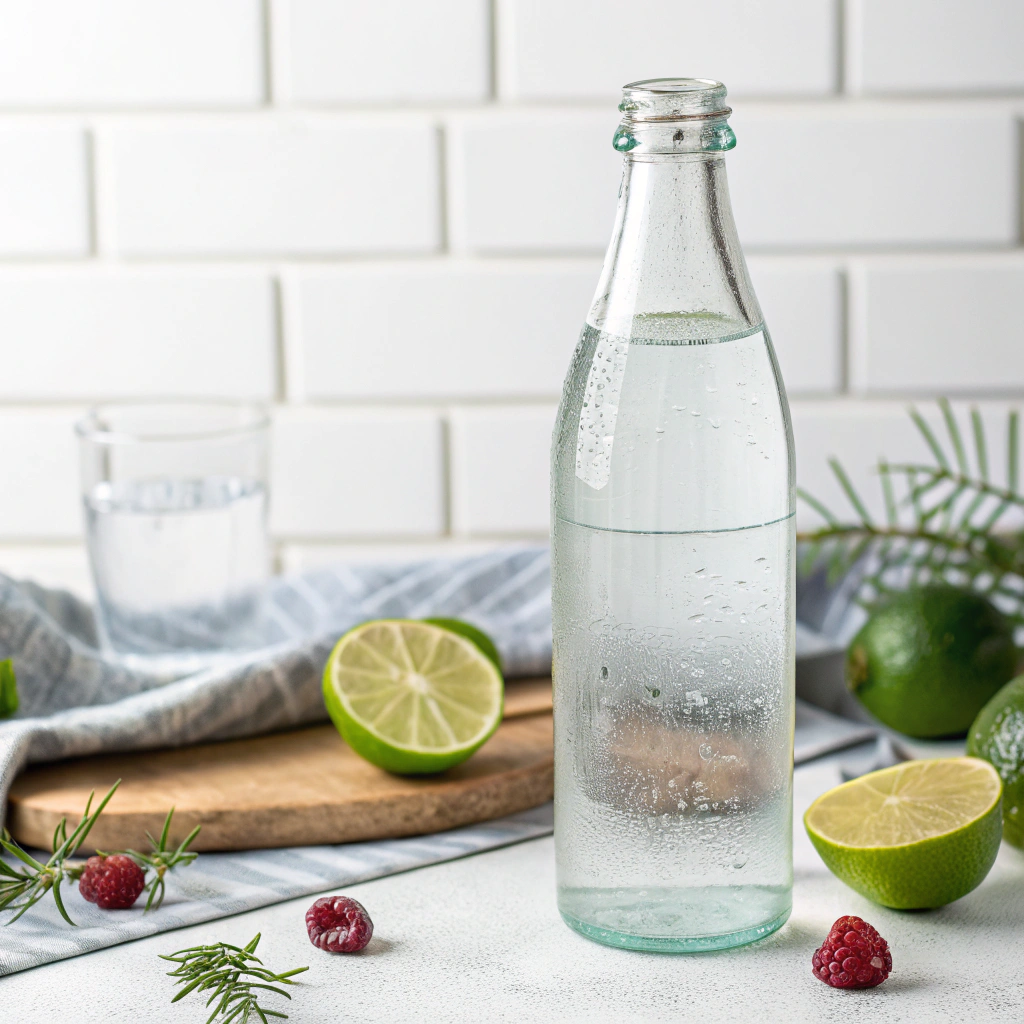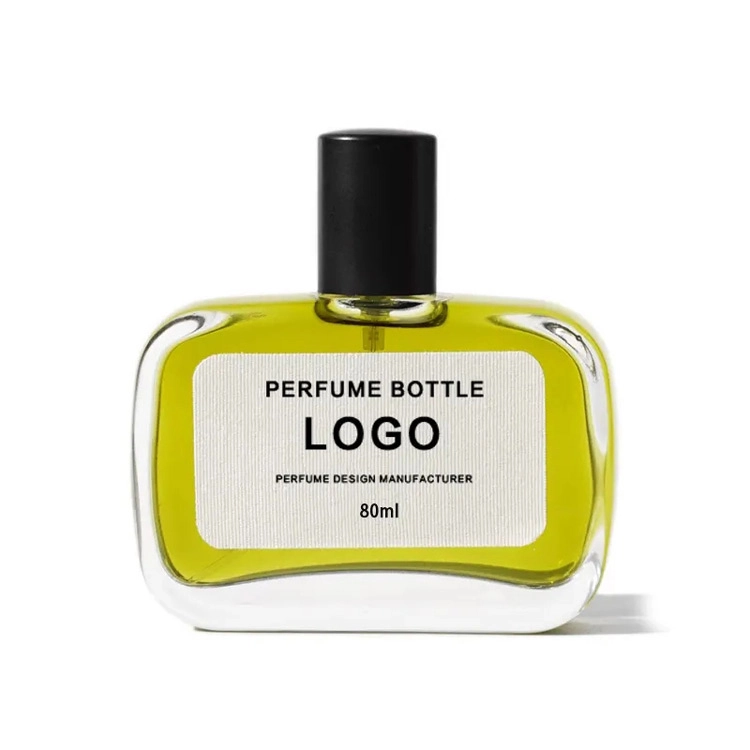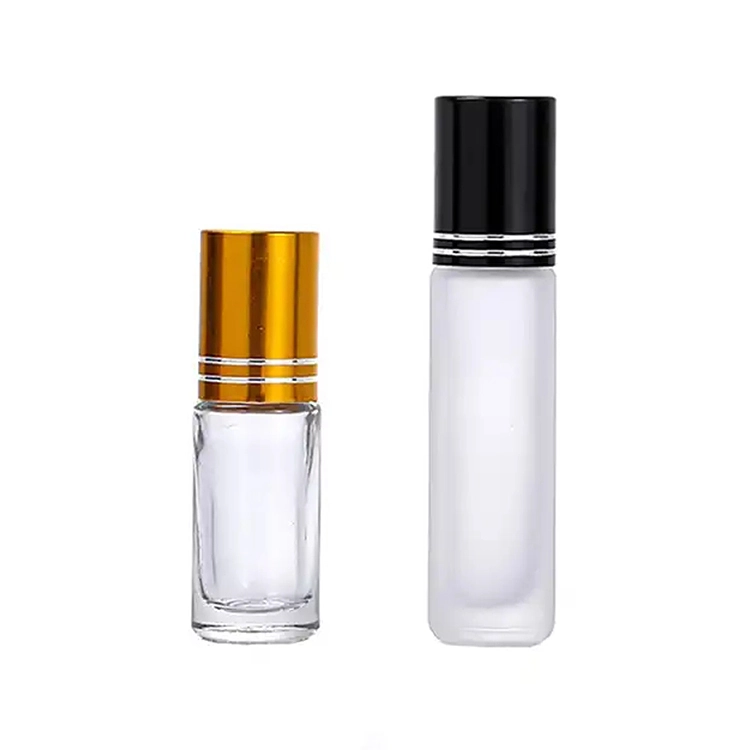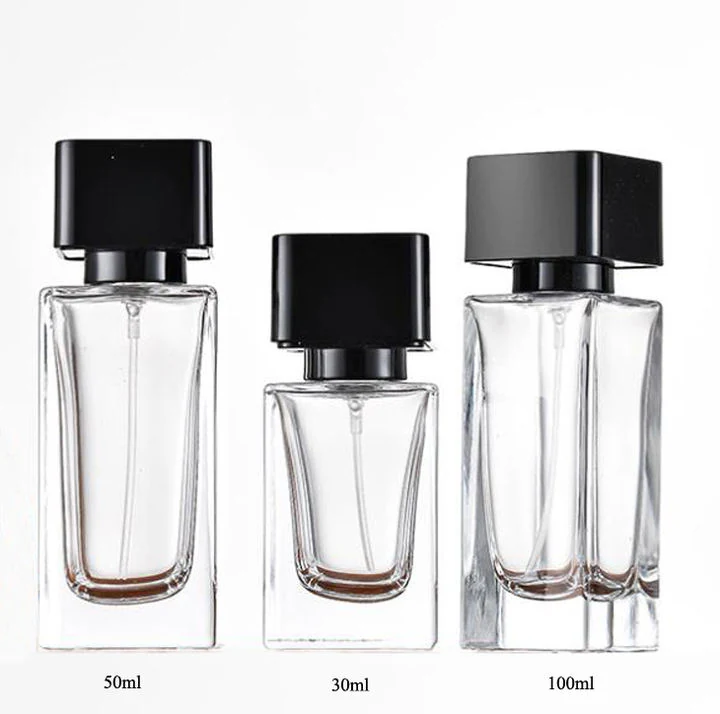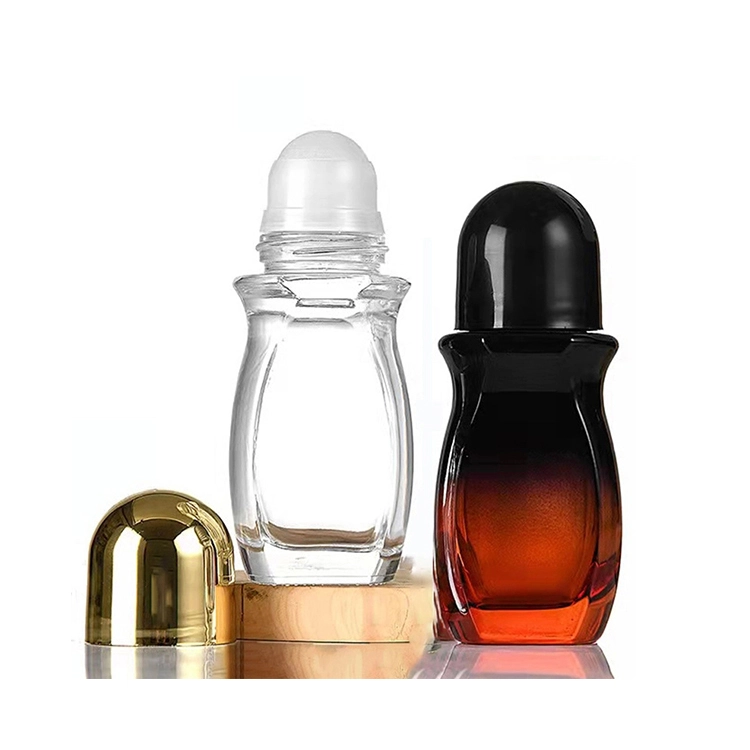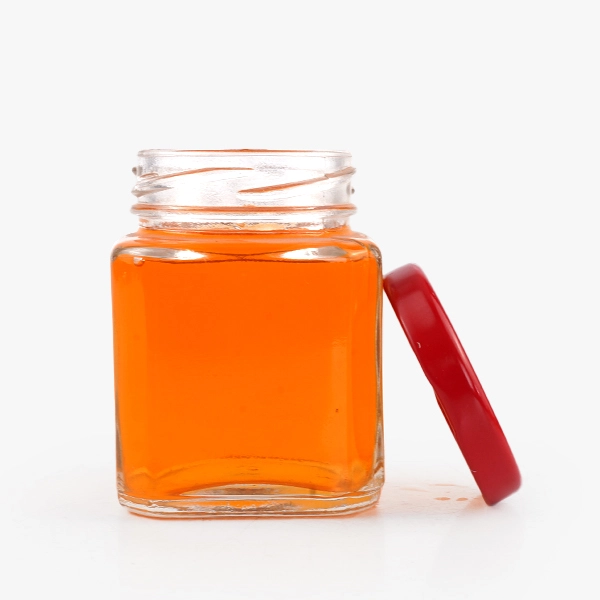
Part 1: Market Size and Growth
Guinea’s glass bottle industry is modest but important for its beverage, food, and agro-processing sectors. Beer, soft drinks, and spirits account for most of the demand, while sauces and condiments also use glass packaging. Tourism and exports add to the need for premium and durable bottles.
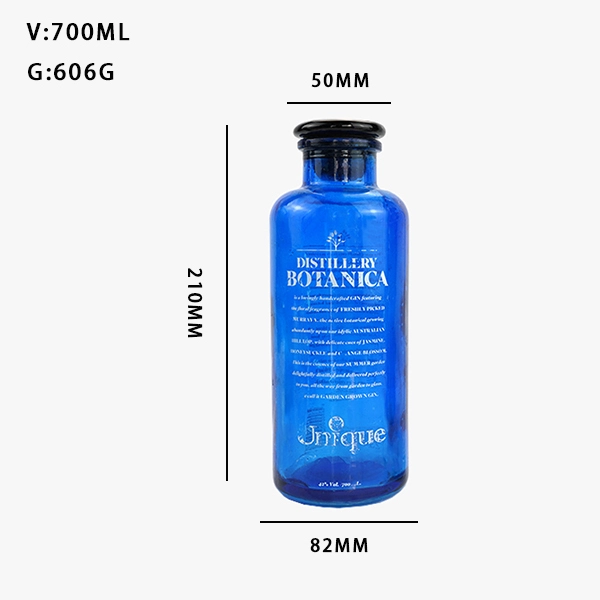
Most glass bottles in Guinea are imported, primarily from Senegal, C?te d’Ivoire, and Europe. Local companies focus on bottling, branding, and distribution, while relying on regional suppliers for containers. This reliance on imports makes trade agreements and logistics essential.
Government restrictions on single-use plastics and global sustainability trends support the shift to glass packaging. This positions glass bottles as eco-friendly and premium solutions in Guinea’s beverage market.
Part 2: Leading Companies
Brasseries de Guinée (BGI - Castel Group)
Brasseries de Guinée, founded in the 1980s, is the largest brewery in Guinea and part of the Castel Group. It produces beer, soft drinks, and bottled water, all packaged in glass bottles.
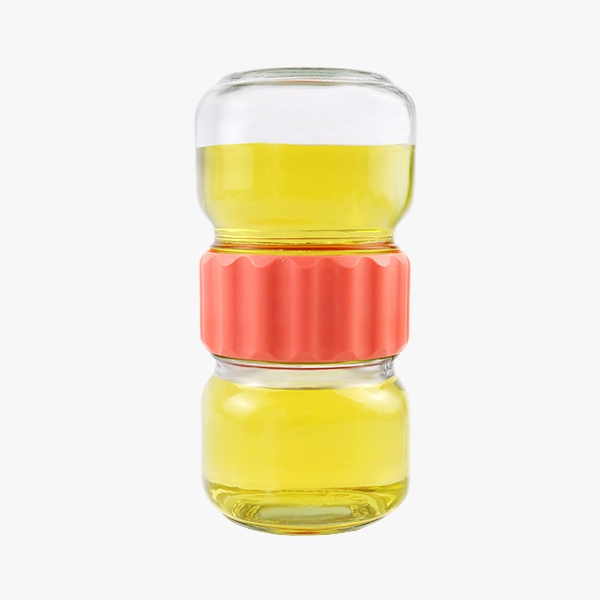
Its portfolio includes beer bottles, soda bottles, and refillable beverage containers. Glass is central to BGI’s brand identity and sustainability goals.
The brewery operates bottle reuse and recycling systems, complying with Castel Group’s international quality and environmental standards.
Coca-Cola Bottling Company of Guinea
Coca-Cola operates in Guinea through a local bottling partner, supplying both PET and glass bottles. Premium hospitality and export products are packaged in glass.
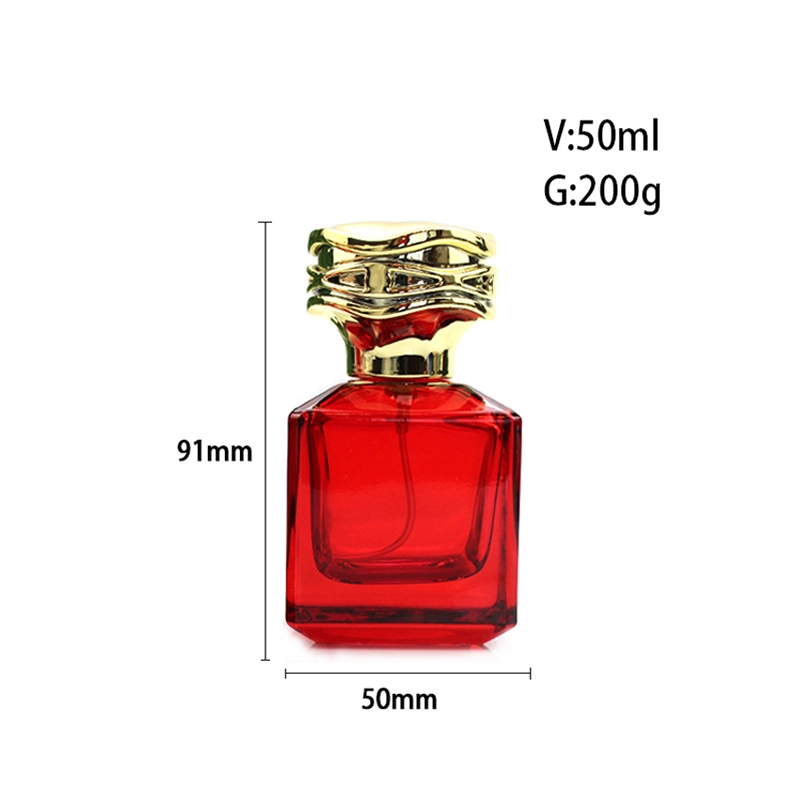
Its products include Coca-Cola, Fanta, and Sprite in glass bottles. These glass formats remain important in restaurants, hotels, and tourism.
The company adheres to Coca-Cola’s global certifications for quality, food safety, and sustainability.
Local Distilleries and Agro-Food Producers
Guinea also has small-scale distilleries and agro-food companies that package rum, palm wine, sauces, and honey in glass bottles. These businesses target local and export markets.
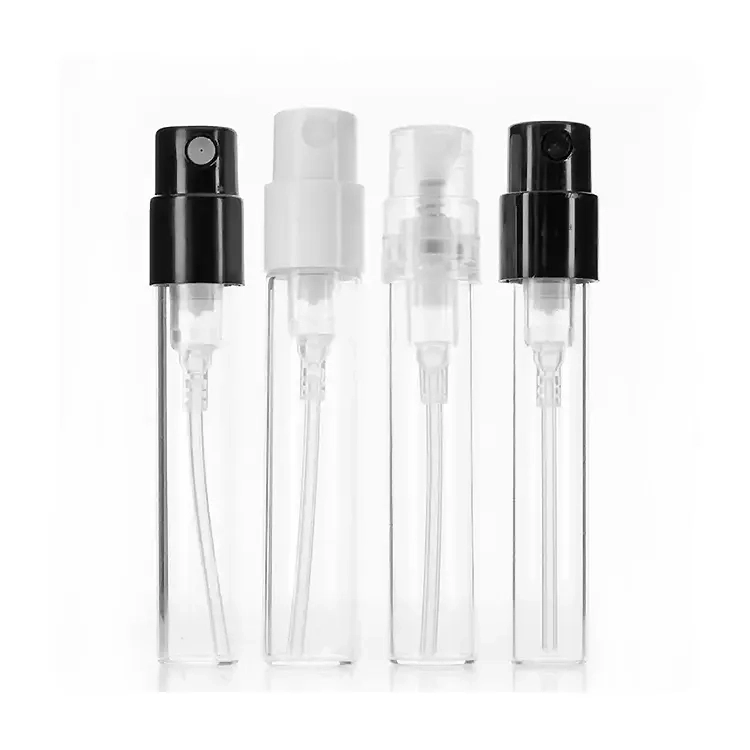
Their products include artisanal rum bottles, hot sauce jars, and honey containers. Glass packaging enhances authenticity, durability, and export value.
These producers source bottles regionally while focusing on customized branding for niche markets.
| Company | Founded | Core Products | Industries | Certifications |
|---|---|---|---|---|
| Brasseries de Guinée (Castel Group) | 1980s | Beer bottles, soda bottles, water bottles | Breweries, beverages | ISO, Sustainability Programs |
| Coca-Cola Bottling Guinea | 20th century | Soft drink bottles | Beverages, hospitality | Global Quality Certifications |
| Local Distilleries & Agro Producers | Various | Spirits bottles, sauces, honey jars | Spirits, agro-food | Local Food Safety Standards |
Part 3: Trade Shows and Industry Events
Conakry International Fair (Foire Internationale de Conakry)
The Conakry International Fair is Guinea’s largest trade exhibition. Beverage companies showcase glass-packaged beer, soft drinks, and artisanal products. It serves as a hub for local and regional trade visibility.
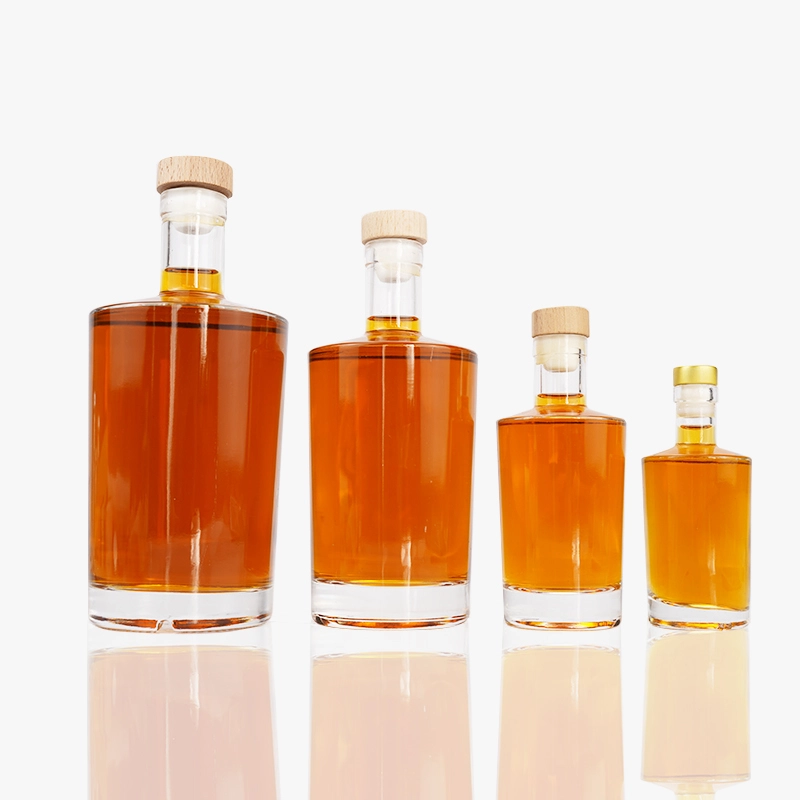
Held annually in Conakry, the fair highlights packaging solutions, product launches, and sustainability initiatives.
West Africa Agrofood Expo
Guinean producers also participate in the West Africa Agrofood Expo, a regional event connecting suppliers and buyers. Glass packaging is featured prominently in beverage and agro-food categories.
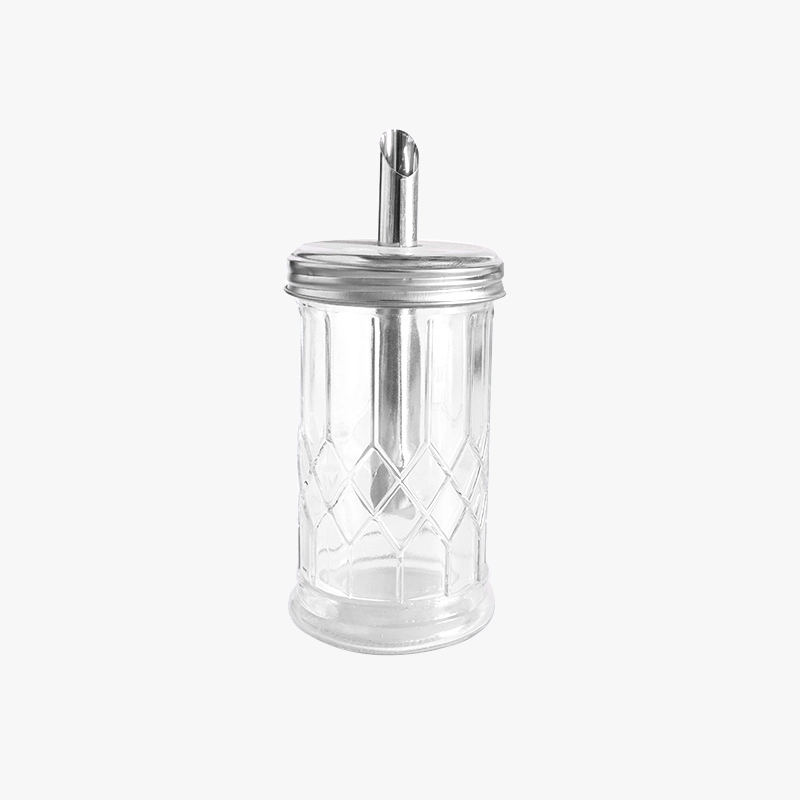
The event rotates among West African capitals, focusing on eco-friendly packaging, recycling, and new bottle design.
| Event | Date | Location | Highlights |
|---|---|---|---|
| Conakry International Fair | Annual | Conakry, Guinea | Beverage packaging, sustainability programs |
| West Africa Agrofood Expo | Annual | West Africa (rotating) | Glass packaging, recycling, export opportunities |
Part 4: Impact of Global Trade Policies
Guinea depends heavily on imported glass bottles, making global trade policies and shipping costs crucial. Rising freight prices and regional logistics disruptions directly impact supply. This reliance creates risks for producers.
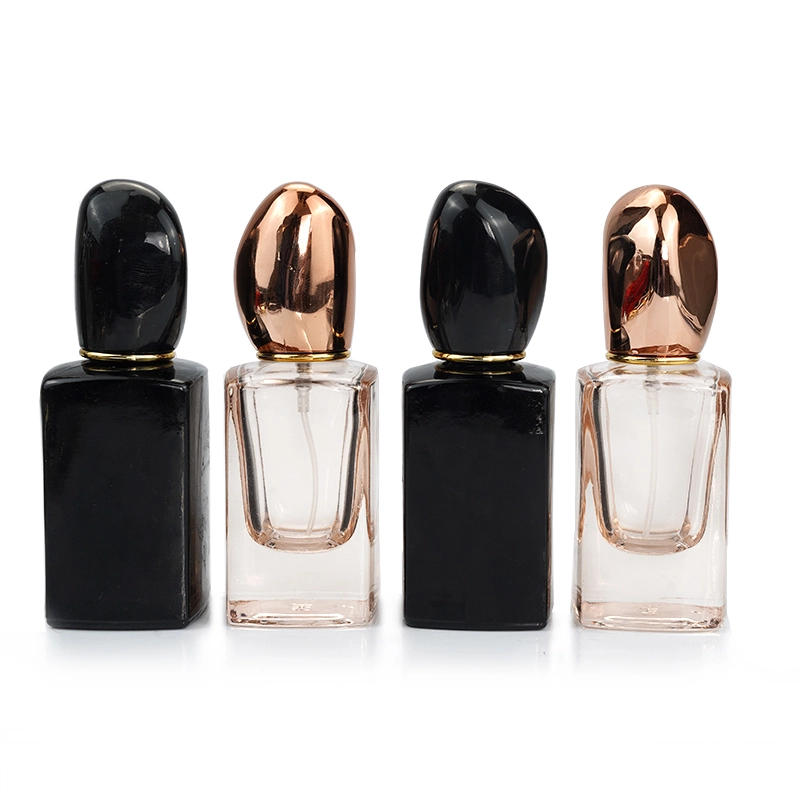
As part of ECOWAS, Guinea benefits from regional trade agreements that reduce tariffs on imports from Senegal and C?te d’Ivoire. This integration supports cost efficiency and supply stability.
Global sustainability policies encourage reuse and recycling of glass bottles. By aligning with these standards, Guinean producers can enhance export competitiveness and meet eco-conscious consumer demand.
Part 5: Conclusion
Guinea’s glass bottle industry is led by Brasseries de Guinée, Coca-Cola’s local bottler, and small-scale producers. Beverages, tourism, and sustainability initiatives drive steady demand.
Challenges include reliance on imports, high shipping costs, and limited local manufacturing. The future will depend on eco-friendly innovation, regional partnerships, and better recycling infrastructure.
Recommended Reading:
- Glass Bottle Manufacturers in Guatemala
- Glass Bottle Manufacturers in Iraq
- Glass Bottle Manufacturers in Grenada
- Glass Bottle Manufacturers in Georgia
- Glass Bottle Manufacturers in Gambia
- Glass Bottle Manufacturers in Gabon
- Glass Bottle Manufacturers in Fiji
- Glass Bottle Manufacturers in Eswatini
50g Instant Coffee Jar With Square Black Lid
50ml Colorful Perfume Bottles With Cap
17Oz Colored Borosilicate Glass Camper Mugs – Sublimation Ready Usa Stock
How to package a glass bottle for shipping?

